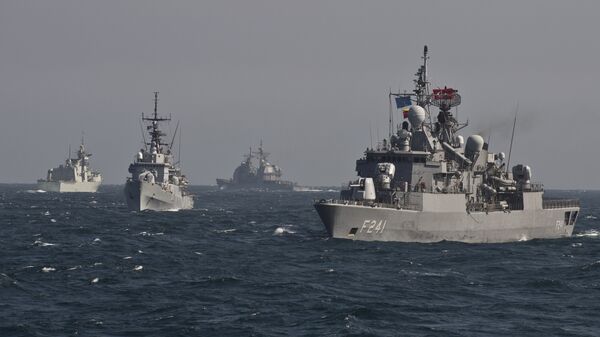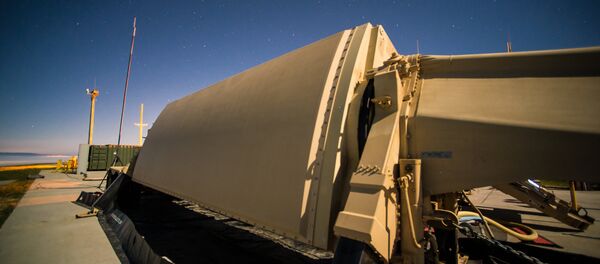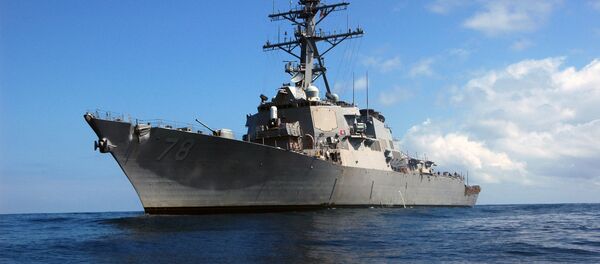“Before the plane and after the plane”, this is how Turkish Hurriyet Daily News describes the change in the Turkish-Russian relations ahead of the upcoming summit in Warsaw.
And that, it suggests, would be NATO’s presence in the Black Sea.
“Before the plane, Turkey fiercely resisted efforts by member states, especially the US, Bulgaria and Romania, to have an increased military presence in the Black Sea,” it says.
Ankara has not allowed any exception to the restrictions stated in the Montreux Convention, a 1936 agreement that gave Turkey control over the Bosporus Straits and the Dardanelles and set the regulations on the transit of naval warships.
The newspaper then recalls the recent remarks of the Turkish president.
Recep Tayyip Erdogan told NATO Secretary General Jens Stoltenberg, while on a visit to Turkey in April, that “NATO is invisible in the Black Sea and that invisibility in the Black Sea turns it into a Russian lake, so to speak.”
“Turkish officials are trying to get an answer to that question as well; something they should get used to, since it seems Turkey’s policy changes have become to depend on the two lips of one person,” it further suggests.
However it proffers that it will be highly unlikely to see any deviation from the imperatives of the Montreux treaty. Even though countries like Romania continue to push for a “forward presence,” in the Black Sea.
The newspaper though suggests a formula that ensures NATO presence in the Sea without violating the convention.
Turkey could send several of its warships in the Black Sea operating under the banner of a NATO mission. That could secure a NATO presence there without violating the Montreux Convention.
But Turkey can find it hard to convince its allies on such a formula, since some members won’t like the idea of NATO getting embroiled in a collision course between Turkey and Russia in the Black Sea, it says.
Anyway, the newspaper notes, the “Russian question” will top the agenda and the major challenge will be to reach consensus on it, since some of the member states have a completely different relations with Moscow.
Thus, it says, Eastern European states, led by the Baltic states and Poland, want a more “aggressive” response by strengthening NATO’s deterrence capabilities against Russia.
The western European states, led especially by Germany, are aware of “Russia’s increasing assertiveness.”
Yet they are not on the same page with the eastern European states in terms of the “threat perception” and want to avoid an escalation that could be triggered by NATO’s response, instead preferring a more calibrated approach.
The southern countries, in turn, feel there is too much focus on Eastern Europe and want more attention to be paid to challenges coming from the south, like the threats posed by Daesh and the refugee crisis.
The outcome of the Summit is yet to be seen.





